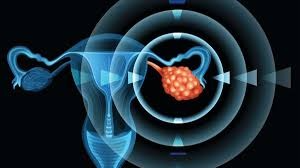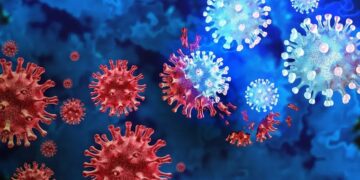Pune: Ovarian cancer, long known as one of the most fatal cancers in women, is now increasingly being diagnosed in women under the age of 50—a trend that has prompted medical experts to stress the importance of early detection, regular screenings, and lifestyle awareness.
Once predominantly seen in post-menopausal women, the disease is now affecting a younger demographic. The cancer begins when abnormal cells in the ovaries multiply uncontrollably, eventually forming tumors that can spread to other organs if not treated in time. Experts have noted that symptoms such as irregular or missed periods, heavy bleeding, and persistent pelvic or lower back pain—often dismissed as routine issues—could actually be early indicators of ovarian or uterine cancer.
To address this growing concern, specialists are urging women to undergo regular gynecological check-ups and remain vigilant about changes in their menstrual health. Genetic counseling is also being recommended, particularly for those with a family history of cancer or who carry BRCA1 or BRCA2 gene mutations.
In addition to medical screenings, adopting certain lifestyle choices can help reduce the risk. Protective factors such as pregnancy, breastfeeding, and the use of hormonal contraceptives are known to lower the chances of developing ovarian cancer. Once diagnosed, treatment typically involves a combination of surgery, chemotherapy, and radiotherapy, with surgical removal of the tumor playing a key role.
Preventive care goes beyond physical health. Regular physical activity, maintaining a healthy weight, and avoiding harmful habits like smoking and alcohol consumption are crucial not only in lowering risk but also in supporting recovery. Equally important is emotional and mental health support, which can greatly aid in a patient’s overall well-being and resilience during treatment.
With ovarian cancer cases on the rise among younger women, a coordinated, multidisciplinary approach involving medical experts, mental health professionals, and support systems is essential. Health professionals continue to advocate for awareness, encouraging women to listen to their bodies and seek timely medical advice to improve outcomes and quality of life.


















